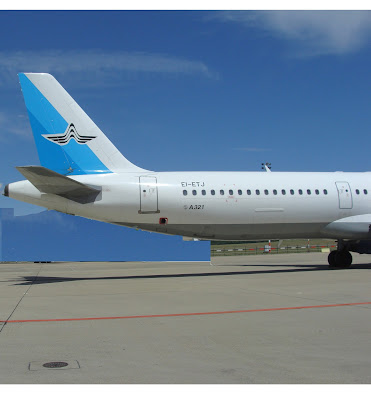During
your engineering career you will probably experience the burden of
responsibility. Especially when working in the field of aviation, the world of safety
regulations, you may have the fear, what if “my aircraft” fails in some way.
Have I done those calculations correctly and precisely? Regardless of what you
are doing, you must always do your job with full care and attention and make
sure that none of the things will cause any incident, failure or worse. An
aircraft has many “back-up” systems and lots of redundancy is involved but
still there could be human factors, technical malfunctions or sabotage that could
lead to disaster.
Recently
there has been a Metrojet accident over Egypt, where an Airbus A321-200
aircraft was crashed. The final report of the investigation will most probably
determine the causes of this crash therefore we have no right to state anything
about it.
What
I know so far, is that I was working on that specific aircraft the year before
the accident. EI-ETJ is the aircraft registration code, and looking back my
notes and photos, I have realized, this is the same aircraft. The aircraft had
a complete C-check a year ago and a right engine replacement. Just like all the
other planes, it was safely sent back to service from the maintenance hangar
for further flights.
There
is this strange feeling about the situation, as you feel involved in that plane’s
life. Those old seats that were replaced, the old smell from that deck, the
cockpit, the engines, the vibration of the whole plane that you felt during its
engine test, it’s all a memory. Let’s remember for those who have lost their lives
on this aircraft and hope to find out as quickly as possible the causes of this
catastrophe.
Reference:
This
blog has nothing to do with the airline or any nationality. The pictures are NOT
for any further use or for any downloading purposes. The blog is only an
engineering point of view into the aircraft industry. Any discussion related to the
accident that may be insulting will be removed.




